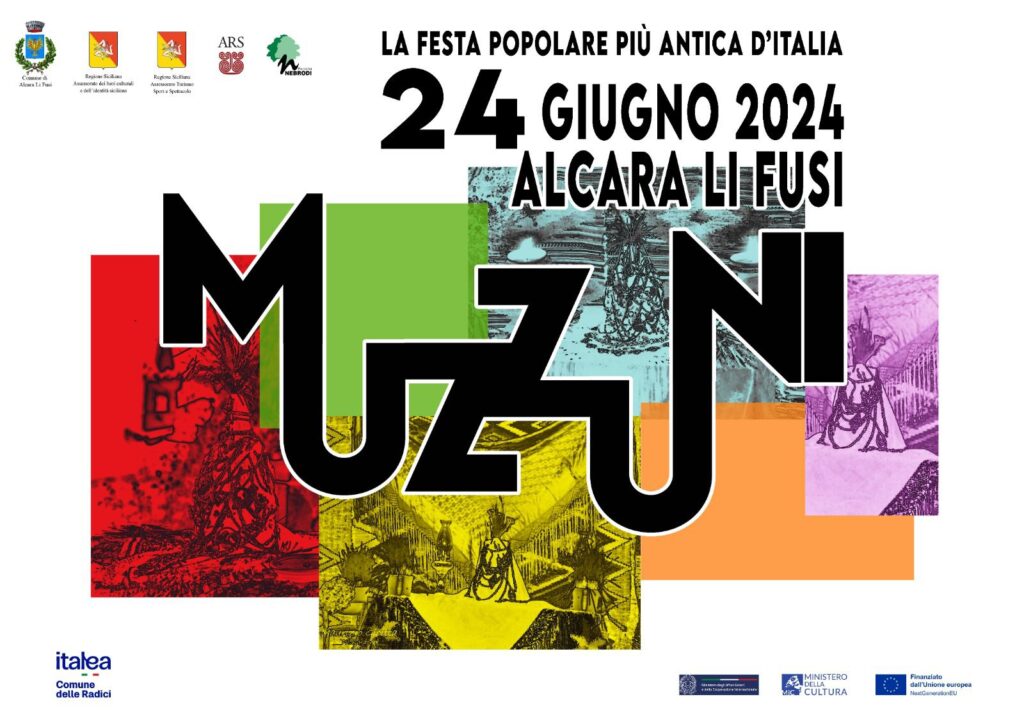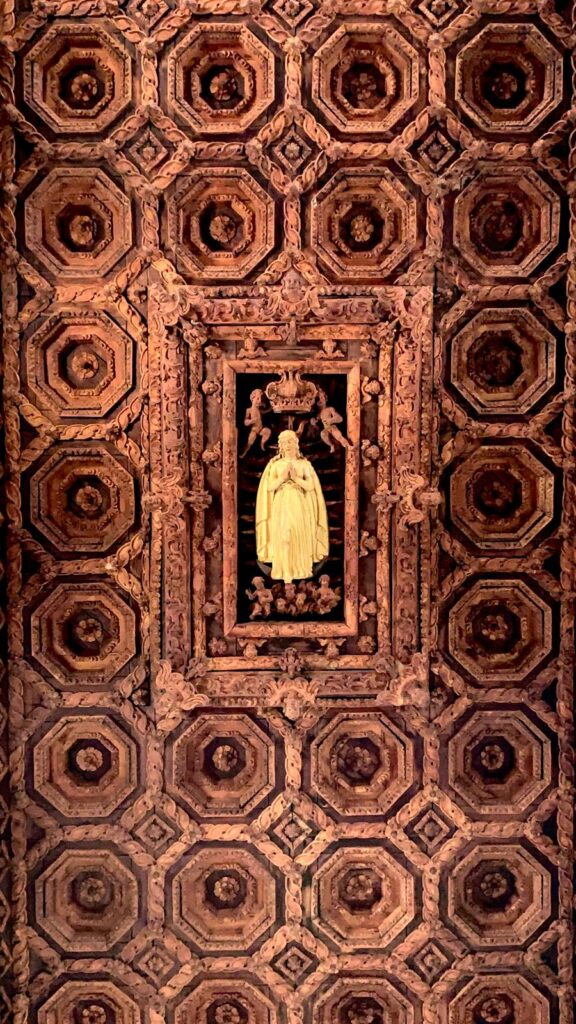It is a precious museum of emigration memory, revolving around a great Sicilian who made his mark on the history of music in the States, Conrad J. Gozzo, Goz the Great to the American press, trumpeter and collaborator of Ella Fitzgerald and Frank Sinatra.
The museum is called TEMPO and is located in the town of Canicattini Bagni, near Syracuse, in the extreme edge of eastern Sicily, in a magnificent landscape among quarries and nature reserves. Conrad’s father, Salvatore, emigrated from here in 1912, settling in New Britain, Connecticut, where he also served as trumpet master in the band.
Its beautiful history flows through the exhibition halls among letters and documents, the result of a study conducted by a group of local teachers and scholars with the collaboration of the Scientific Committee of the Network of Sicilian Museums of Emigration led by Professor Marcello Saija. A story that makes it clear how the music of Sicilian bands, supported by mutual aid societies, made an important contribution to jazz. But also how that music that tasted of home, of patronal festivals, of traditions would be an indispensable heritage to carry in one’s cardboard suitcases.




